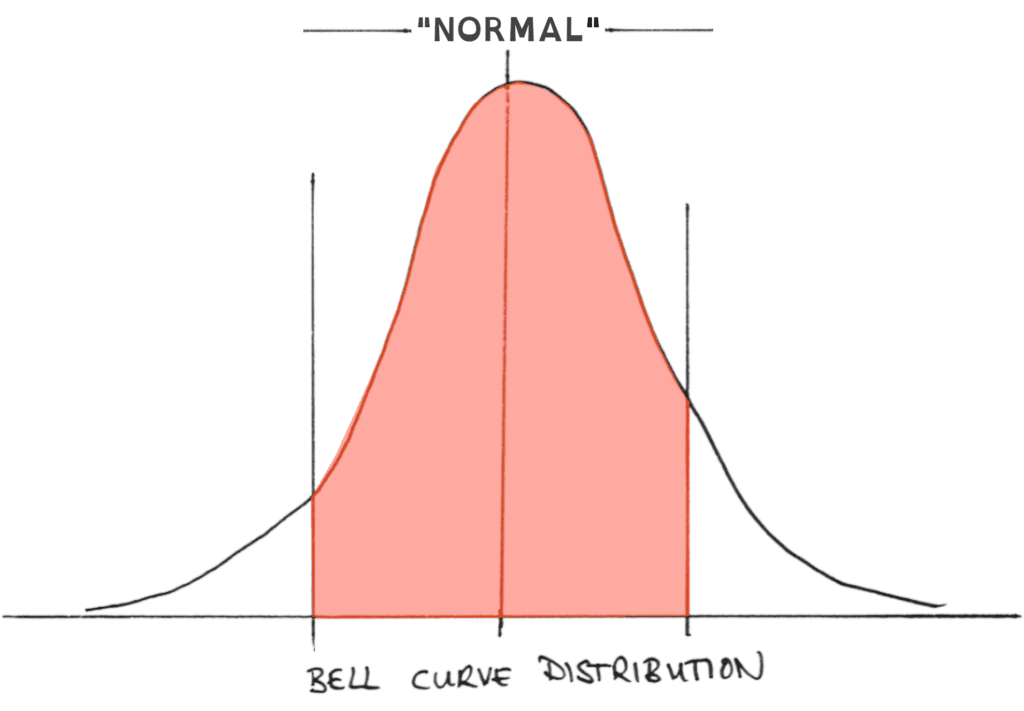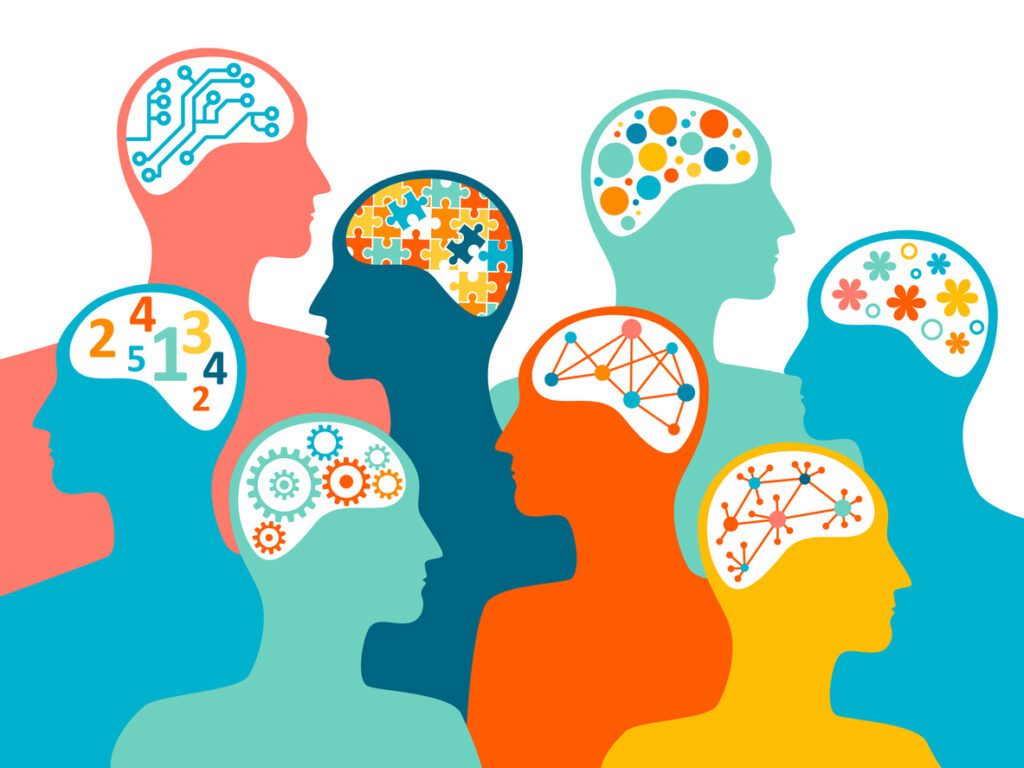Welcome! We’re glad that you’re reading this Neurodivergent Ally Starter Kit blog, provided by your friends at Abled42, Code42’s affinity group dedicated to raising awareness for all types of disabilities.
This kit will provide actionable insights into what neurodiversity is and how it might look in the world, while also sharing small actions that make a big difference in inviting neurodivergent folks to the table.
Who are we?
But wait a second – who’s providing all of these helpful tidbits? Look no further than Abled42! Abled42 is working to help all employees and management at Code42 understand the perspectives and unique challenges of those with disabilities. We do this by providing self-directed and live content that demonstrates how inclusion drives innovation.
Our recent favorite content includes hosting the Invisible Disabilities Workshop with Find Your Fit and hosting performers from DisabiliTease for Pride month in tandem with Code42’s queer affinity group, Queer42.
Though we love our events, advocacy is not solely marked by big actions but by less visible shifts in daily practice. At Code42, we work to create accessibility by offering accommodations for employees with disabilities. This includes using Closed Captioning and providing transcripts during virtual trainings, providing all-company dedicated focus time throughout the week, and much more.
We’re sharing this blog in hopes of bringing some of this advocacy work to the wider Insider Risk community.
What is neurodivergence?
When Code42 welcomed performers from DisabiliTease this past June, we entered a conversation about identity, disability accommodation, accessibility, and the courage to be one’s self at the intersection of a disabled, neurodivergent, and queer lived experience.
During the discussion, a brave Code42 Guardian raised their hand to ask what neurodivergence was, and performer Reverend Dominic Trix of the Ladies of the Lakes, Minnesota offered an illuminating response:
“My degree is in psychology. So strap in.
In statistics and looking at populations, there’s what is called a bell curve. The majority of the population is at the top of that bell and anything falling outside of that range is what we consider outliers. The majority of people are what we consider neurotypical, and fall in the middle of that bell curve. Neurodivergent [folks] fall at the edges of the curve.

Neurodivergence can exist for a variety of reasons. It can be something that’s developed due to trauma. It can be something that’s learned. It could be something you were born with. It can occur due to injury, disease, or disability.
Neurodivergent is an umbrella term and covers a lot [of] identities. It kind of just means: I think differently and outside the box for a variety of reasons, but that thinking is not less valuable.”
What does neurodivergence look like in real life?
It is often easiest to understand perspective with context, so we’d like to introduce you to our friend Nora. Nora is a fictional neurodivergent Guardian here at Code42.
When we work with Nora, we notice that she sometimes takes the things we say very literally, asks questions about details unimportant to the matter at hand, or makes an observation that offends someone on the team. It’s common to see Nora gazing expressionless during the course of a meeting or conversation, and we’ve had to remind her multiple times of names that we’d expect a person to know by now.
Since learning that Nora has autism and learning about what that means, we understand that these are common traits of folks with autism and that we can help Nora be her best self by recognizing when they happen and accommodating them in kind.
How can I be an ally?
To get you started in your allyship journey, here are some crucial learnings:
- Education is empowering and breeds empathy
As you learn, bring others into the fold. Educate those in your life about neurodivergence and disability to increase their personal accessibility to other humans. We’ve found that what really harnesses allyship in our community is when education sessions come from a person inside the company who is neurodivergent. - Explicit is better than implicit
Taking the time to be clear can be very helpful for a neurodivergent person who struggles to read between the lines. For example, when scheduling events using online calendars, include a description with details about the topic and agenda. This ensures that those folks can come prepared to participate rather than facing a high cognitive load while trying to catch up during the event. - Reimagine “typical” practices
Apply disability and neurodivergence education by making accessibility “normal”. For example, at conferences, provide pins folks can select to communicate their social preferences (e.g. “Ruminating and Need Space” or “Open to Conversation!”) and have speakers enable captions by default for slide presentations. In the workplace, consider whether captions could be turned on by default for internal video conference platforms so that they are already available and no person needs to ask for them.
When do I get there?
Allyship isn’t a destination, it’s a continued journey. Being an ally is about learning, listening, and choosing to change in order to be a safe person for every human. By implementing accessibility into our everyday selves, we invite people to the table whose “abnormal” perspectives will generate innovative ideas that drive the next success or maintain balance on the cutting edge.
The lessons we’ve learned while teaching and learning as part of Abled42 have helped us be better colleagues, friends, and loved ones. It is our hope that you will keep learning and listening to neurodivergent folks around you and relentlessly pursue better relationships by striving to be a more accessible person and ally.
Are you wondering how you can maximize your impact? Learn more here: https://thearc.org/
